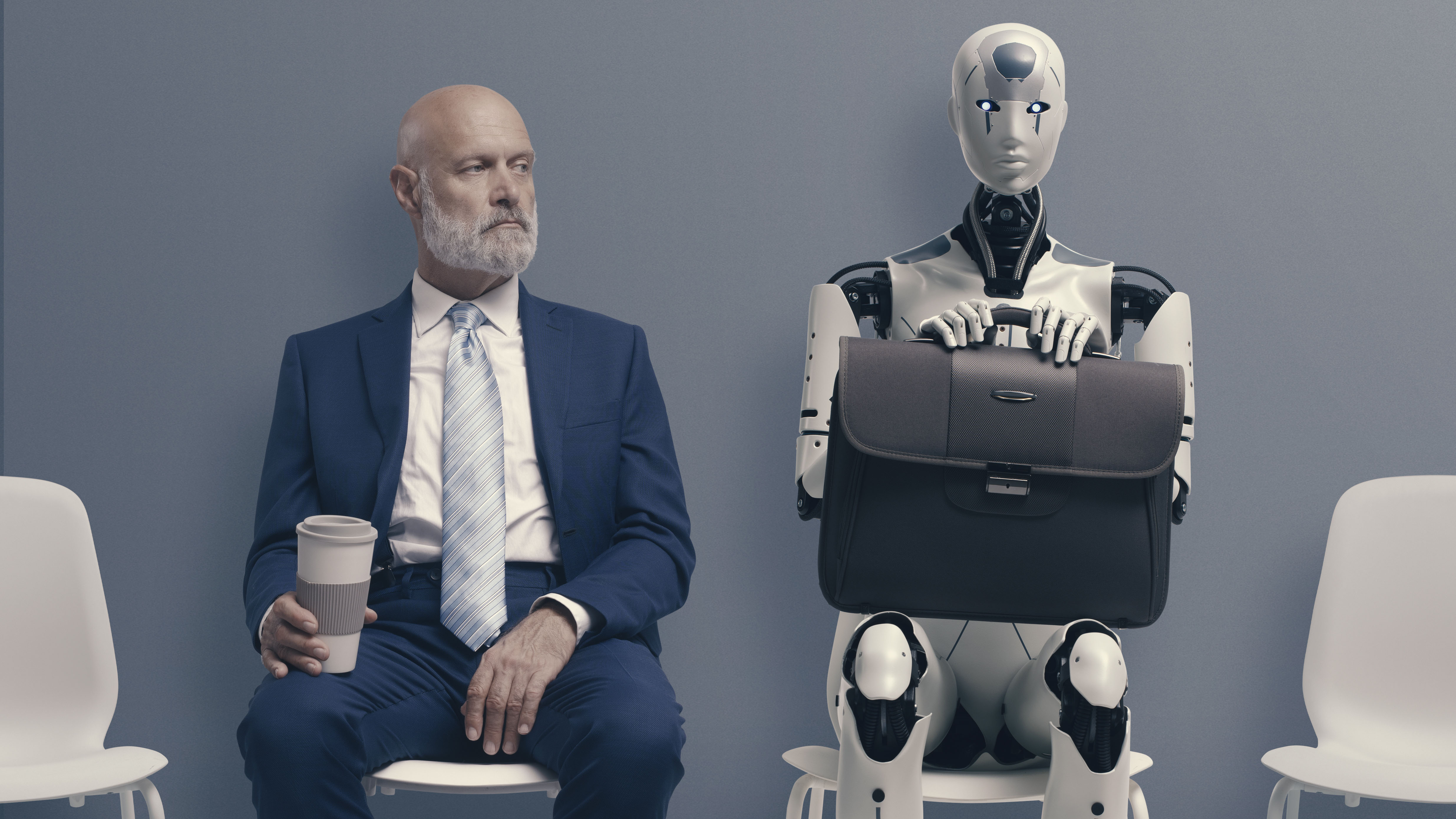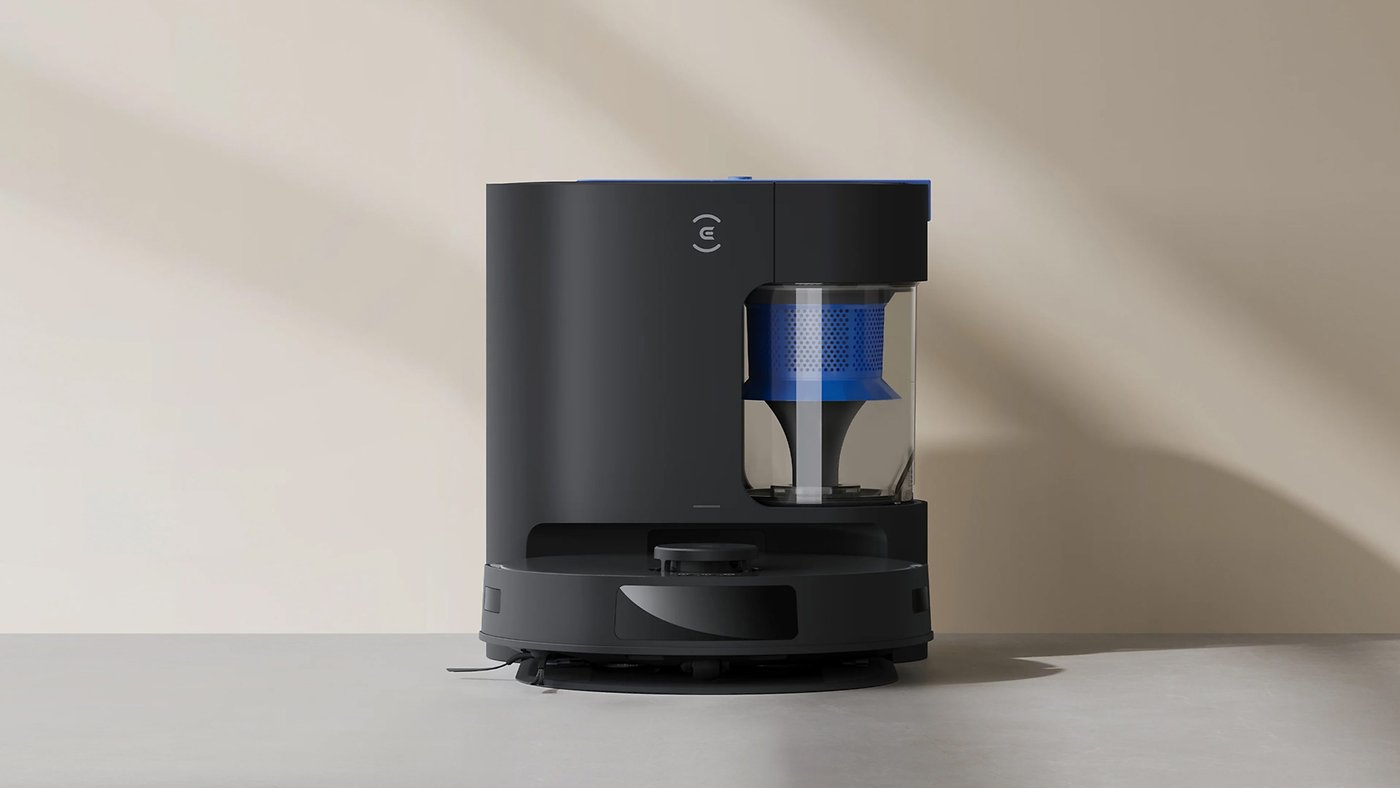

A couple of years into the new era of generative AI, the potential of the technology is still largely unclear. Is it a threat, or an opportunity? Is it going to decimate entire industries or enhance them; eliminate countless jobs to the detriment of economies, or create entire new industries, and usher in an age of plenty?
Right now, this is really a matter of opinion.
The initial prediction for AI was that it had the potential to replace human labour in a wide range of manual and industrial sectors. Think factories, utilities and transport, so-called lower skilled, “blue collar” professions.
Long-term, that may be the case, but in the current moment, the opposite is true. A report on Artificial Intelligence and Employment by the OECD outlines how the occupations most exposed to advances in automation tend to be higher-skills, “white-collar” ones. Think business professionals, managers, scientists and engineers and legal, social and cultural professions.
The reason for this the recent progress in AI has been in “information processing and deductive reasoning”, and non-routine, cognitive tasks.
AI-related job cuts
With that in mind, the question of what professions may be at risk of being usurped by AI must be reframed slightly. We have seen previously “those who use AI will replace those who don’t”, but it may be more complicated than that.
The past year or more has seen layoffs affect major corporations in tech and elsewhere, including Google, UPS and Duolingo, with evidence cited by the Wall Street Journal suggesting that “productivity-boosting technology” is responsible at least in part for the cuts.
Language-learning platform Duolingo, for example, said that it cut 10% of contractors, with AI taking up at least some of their work. UPS stated earlier this year that it aims to cut 12,000 roles, with many tasks to be carried out by AI in the future.
In addition to these, the rapidly-growing fintech Klarna recently waded into the debate when CEO Sebastian Siemiatkowski revealed its AI chatbot is capable of doing the work of “700 customer service agents”, implying the potential to bypass layoffs altogether by never hiring people to begin with.
Returning to the OECD report, it also observes that up to 40% of working hours may be affected by the influence of generative AI.
A study by management consultancy firm Oliver Wyman suggests that one-third of entry level roles could be automated, while junior grade employees will have the skills to replace managers above them, creating a vacuum in the middle of the professional hierarchy. This instability across the spectrum has the potential to reduce engagement, satisfaction and loyalty.
Decelerate the evolution of AI
While all this is playing out, the EU is taking steps to decelerate the evolution of AI. The AI Pact will work to understand, adapt and prepare for the implementation of AI, including building internal processes, preparing staff and assessing systems’ long-term viability.
With US legislative efforts in this space described as “patchwork” at best, and threatening to harm business, the EU’s efforts are likely to set the standard for other regions to follow.
So, how does this uncertainty affect workers in tech? The threat is certainly there, but research by learning technology company Pearson urges restraint. AI “hallucinations” mean that the technology cannot fully be relied upon for accuracy in complex computations, so developers, data analysis and other tech professionals are arguably “AI proof”––for now.
However, AI is here to stay and if you’re concerned about your position, there’s always an opportunity to move on, upskill, or both. Visit the nextpit Job Board to take the next step in your career journey.
In Dallas, Texas, DataAnnotation is seeking Software Developers with a specific focus on AI training. In this role, you will train AI chatbots to write code based on instructional input, as well as developing and testing methods to measure their progress and evaluate the code generated. Proficiency in programming languages is essential, as is the ability to solve problems and identify solutions to complex problems.
NVIDIA is hiring an ASIC Timing Engineer in Santa Clara, California. A combination of research and physical engineering will contribute to development and design of NVIDIA’s next generation of CPU and GPU designs. This includes all aspects of timing, including analysis, constraints and more, to find the right tradeoff between frequency and power.
Oracle is seeking a Software Developer to join its engineering division, to help design, develop, troubleshoot and debug programs for databases, applications, networks and more. In this role, you will take an active role in defying the standards and practices for these operations. This work is non-routine and highly complex, so requires an individual with advanced skills and leadership objectives.
Want a new tech role in 2024? Start your job search now on the nextpit Job Board. This article was written by Doug Whelan.








